171. Of a Horse and an Ass
A certain man had a horse and an ass, but whilst they make a journey, the ass says to the horse, "If you are willing that I be safe, lighten me of a part of my burden." The horse not obeying his words, the ass, falling under the burden, dies. Then the master of the beasts puts on the horse all the packs which the ass carried, and moreover the hide which he had stripped off from the dead ass, with which burden the horse depressed and groaning said, "Woe to me, most unhappy of beasts! What an evil has happened to wretched me! For, refuing a part, now I carry the whole burden, and moreover his hide.
Moral. This fable hints that superiors ought to be partakers in the labours of inferiors that both may be safe.
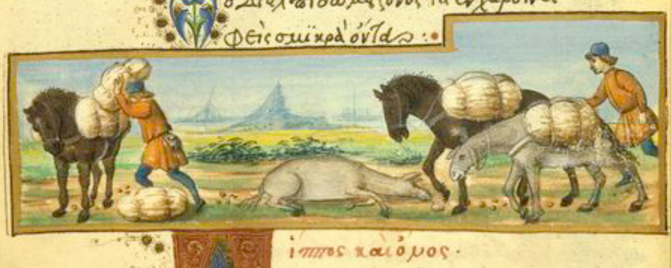
172. Of a Trumpeter
A certain trumpeter, taken by enemies in war, cried out to them who stood about, O men, be not willing to kill me, harmless and innocent, for never have I killed any one, for I have nothing else than this trumpet." To whom they answered in turn with a noise, "But thou shalt be slain rather on this same account, because when thou thyself can'st not fight, thou art able to impel the rest to the engagement."
Moral. This fable hints that they sin beyond others who persuade bad and wicked princes to act unjustly
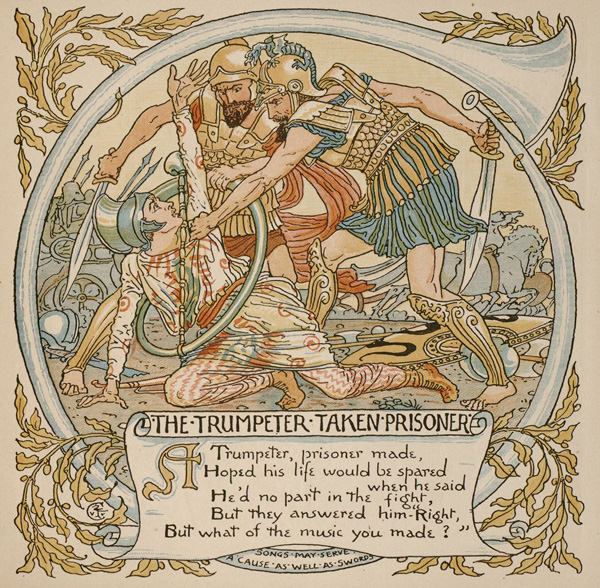
173. Of a Fortuneteller
A fortuneteller, sitting in a market, discoursed, to whom one declares that his doors were broken open and all things taken away which had been in the house. The fortuneteller, sighing and hasting in his pace, betook himself home; whom a certain man perceiving running said, "O thou, who promisest that thou wilt divine others' affairs, surely thou hast not divined thine own."
Moral. This fable regards those who, not rightly administering their own affairs, endeavour to foresee and consult for other men's, which do not belong to them.
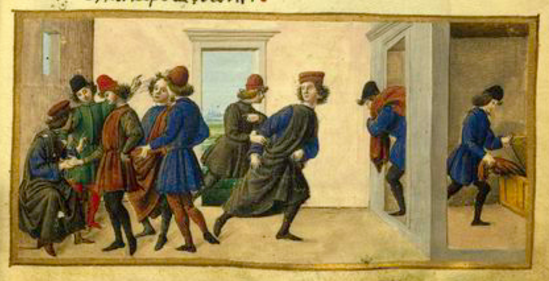
174. Of a Boy and his Mother
A certain boy in school, having stolen a little book, brought it to his mother, by whom not being chastised, daily he stole more and more, but in progress of time he began to steal greater things. At length being apprehended by the magistrate, he was led to punishment. But the mother following and crying, he asked that it might be lawful for him to speak a little with her in her ear. He, being permitted and the mother hastening and moving her eat to the mouth of the son, he tore off the ear of his mother with his teeth. When the mother and the others who stood about blamed him, not ly as a thief, but also as impious to his parent, he said, "She has been the cause of my destruction, for if she had chastised me for the little book which I stole first, I had done nothing further; now I am led to punishment."
Moral. This fable shows that they who are not restrained at the beginnings of sinning, go on to greater crimes.
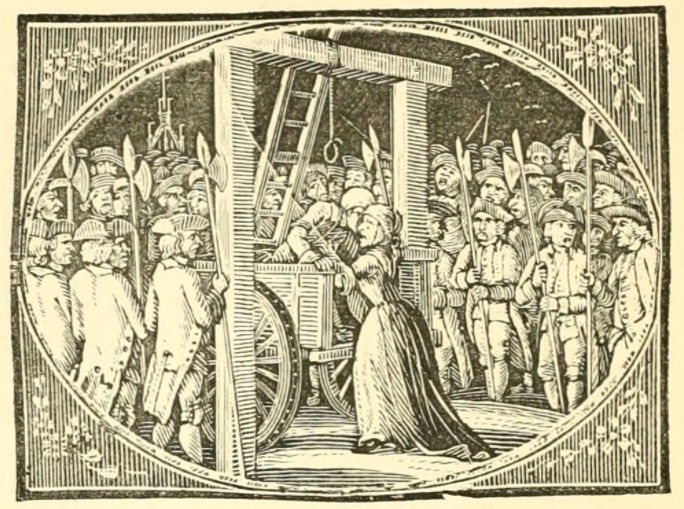
175. Of the He-Goats and the She-Goats
When the she-goats had obtained a beard from Jupiter, the he-goats began to be offended because the females had equal honour with them. Jupiter said, "Suffer ye them ot enjoy the vain gloyr and to usurp the ornament of your dignity, since they do not equal your virtue.
Moral. This fable teaches thee that thou mayest bear those to usurp thy ornament who are inferiors to thee in virtue.
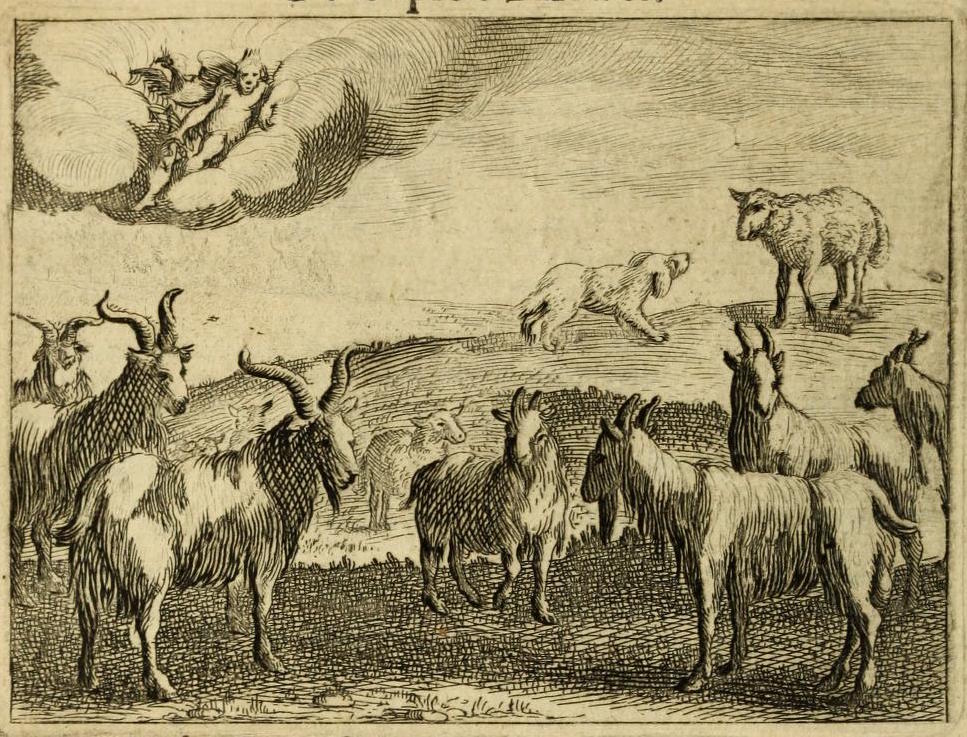
No comments:
Post a Comment
Comments are limited to Google accounts. You can also email me at laurakgibbs@gmail.com or find me at Twitter, @OnlineCrsLady.